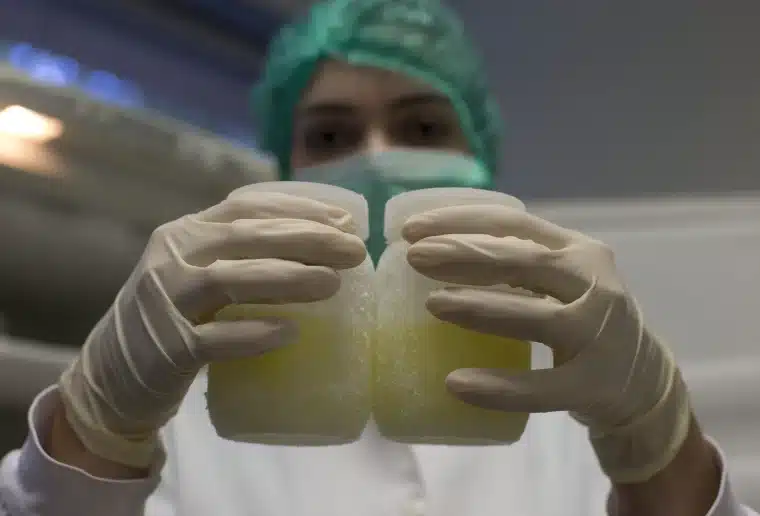The Sindh Institute of Child Health and Neonatology (SICHN) announced this week that Pakistan’s first human milk bank, established earlier this month, has been suspended pending further guidance from the Council of Islamic Ideology (CII).
A human milk bank, also known as a breast milk bank or lactarium, is a service that collects, screens, processes, pasteurizes, and dispenses human milk donated by nursing mothers who are not biologically related to the recipient infant. For women unable to breastfeed or produce sufficient milk, pasteurized donor breast milk can be a vital alternative.
Earlier this month, SICHN announced the establishment of Pakistan’s first human milk bank in collaboration with UNICEF, calling it a “significant milestone in maternal health.”
However, a statement from SICHN dated June 21 cited a revised fatwa issued by Darul Uloom Karachi on June 16, 2024, prompting the suspension of the milk bank’s operations. “This decision is in compliance with the updated religious guidance and reflects our ongoing commitment to operate within the framework of Islamic jurisprudence,” the statement said.
“Moving forward, we will seek further guidance on this issue from both Darul Uloom Karachi and the Council of Islamic Ideology,” the statement added, referring to the religious body that advises the government on the compatibility of laws with Islam.
SICHN initially set up the milk bank after obtaining a fatwa from Darul Uloom Karachi, which provided the necessary religious endorsement. “This fatwa was critical in ensuring that our efforts were in harmony with Islamic teachings, providing reassurance to the community and stakeholders involved,” the institute noted.
The fatwa included certain preconditions, such as ensuring that Muslim children receive milk only from Muslim mothers.
Currently, Iran is believed to be the only country in the Muslim world with a network of milk banks. The practice is generally controversial in Islam due to the concept of milk kinship, which holds that a parent-child bond is formed when a woman nurses a baby who isn’t biologically related to her. To prevent future incestuous marriages between so-called milk siblings, the foster relationship must be clearly delineated. Since milk bank donors are typically anonymous and donations are often pooled, the practice is rejected in most of the Muslim world.

